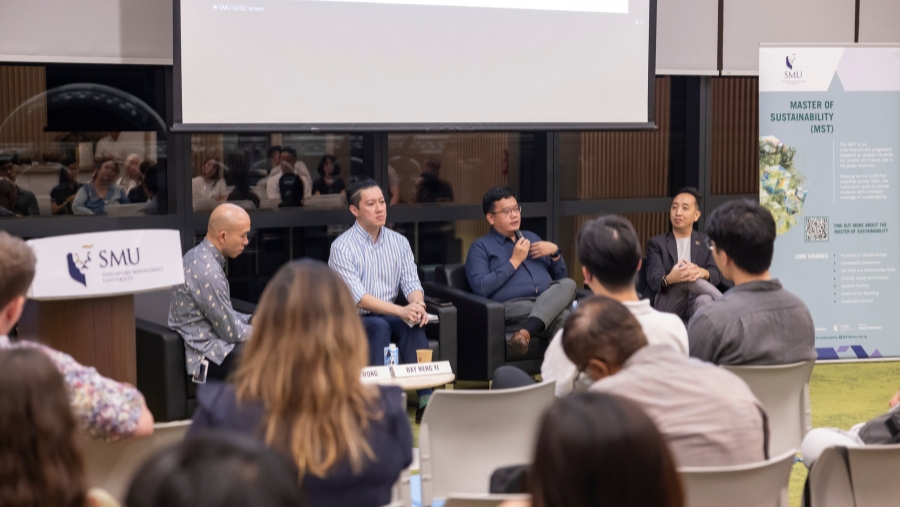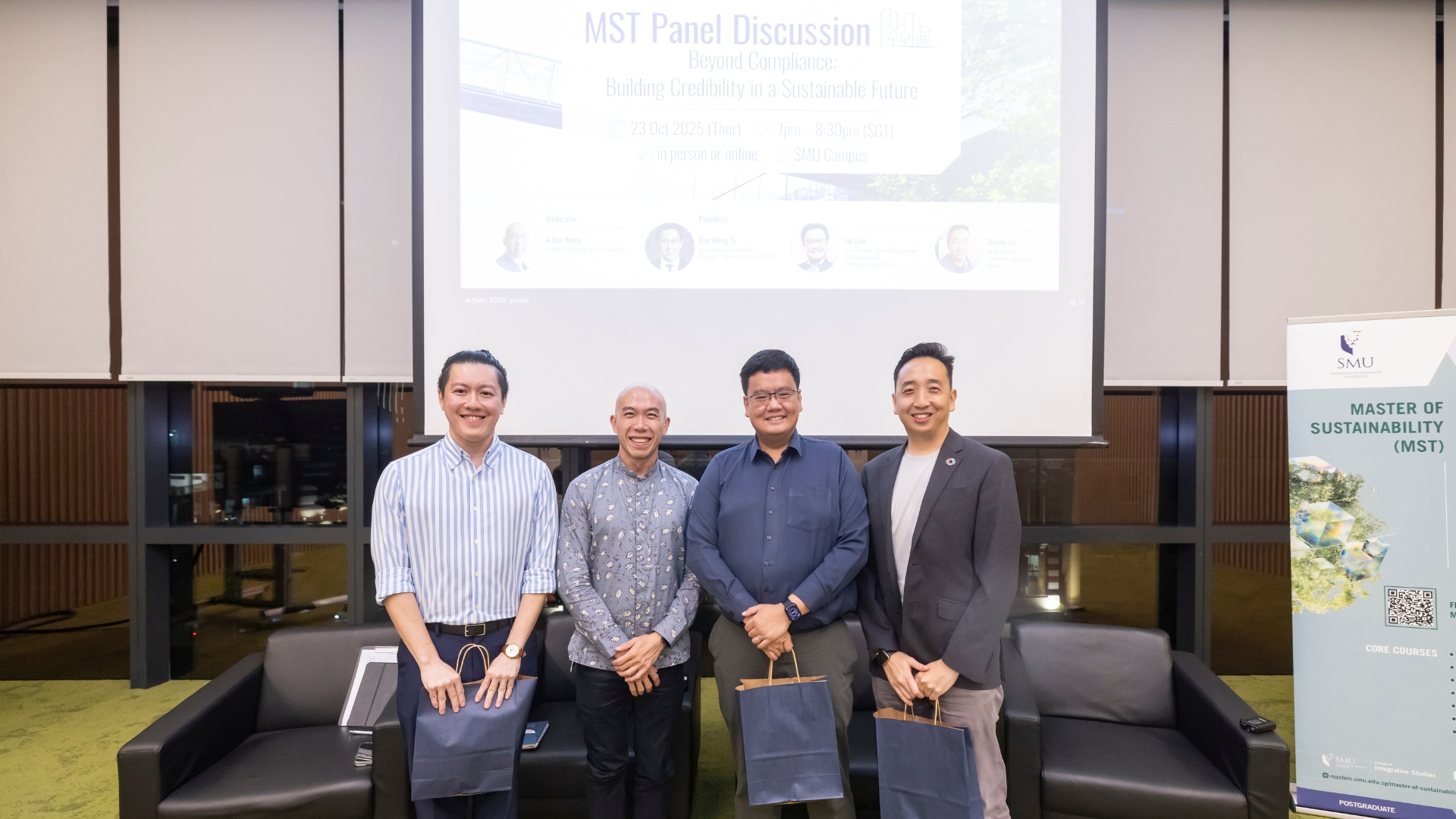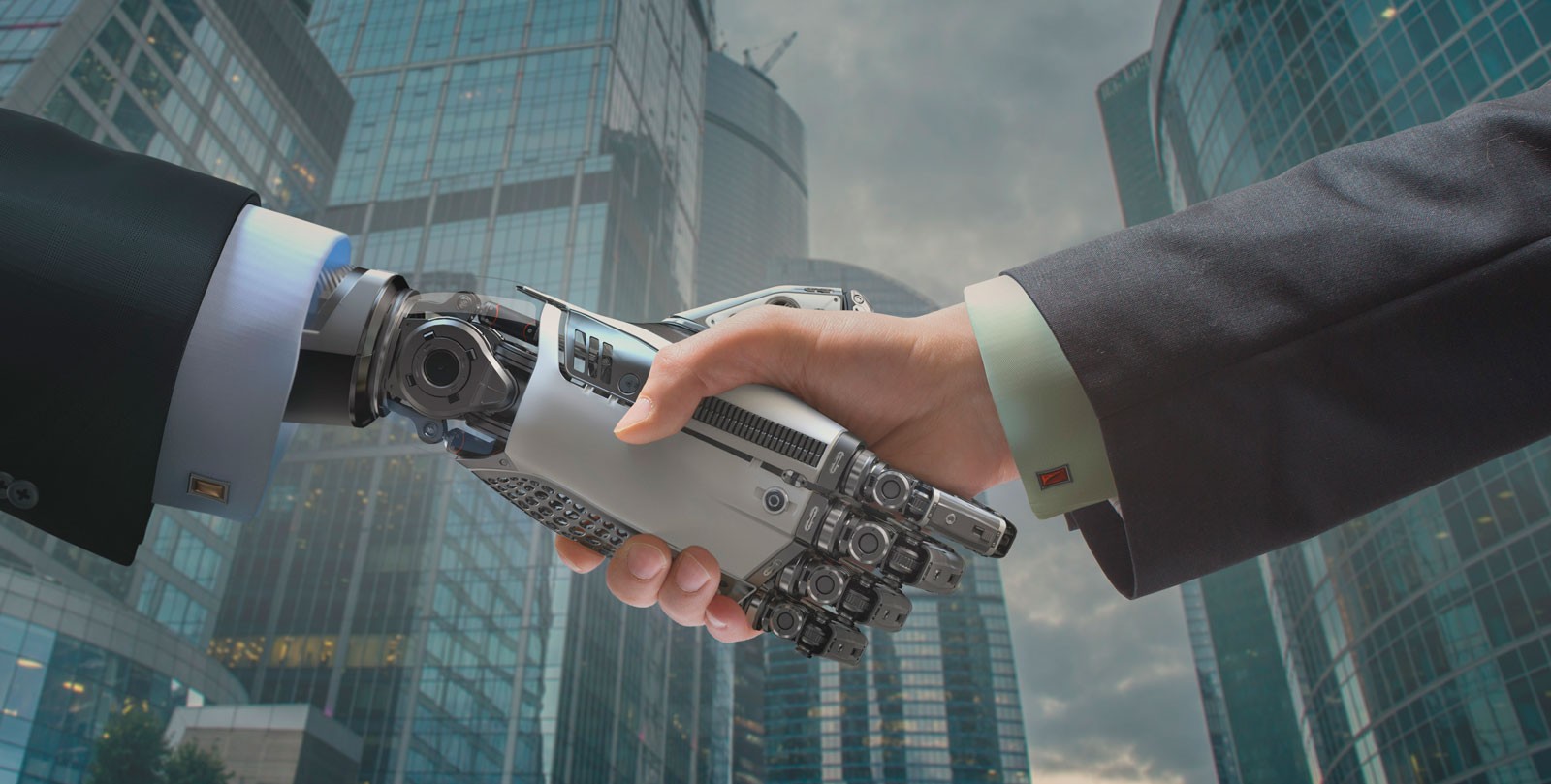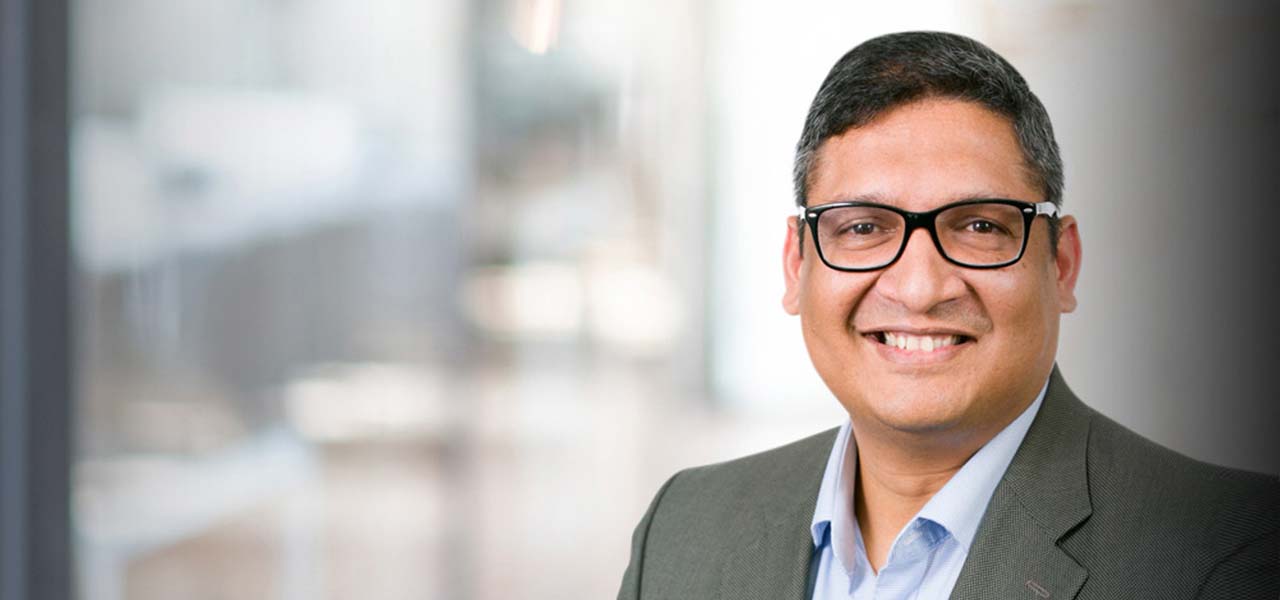[Featured image: (L-R) Mr Bay Meng Yi, Director for Sustainability at the Singapore Environment Council (SEC); Assistant Professor Aidan Wong at SMU; Mr Ian Gan, Vice President of Centre Management and Sustainability at Constellar Venues; Mr Derek Tan, Head of Sales Division at Epson Singapore.]
“Why does compliance matter in Singapore’s sustainability landscape?” asked Assistant Professor Aidan Wong, Co-Director of the Master of Sustainability (MST) programme at Singapore Management University (SMU), as he moderated a recent panel discussion on establishing sustainable business credibility.
Titled “Beyond compliance: Building credibility in a sustainable future”, the session brought together industry leaders to share insights on the realities of eco-certifications—unpacking the challenges, opportunities, and mindsets shaping the journey towards sustainability.
Compliance as a foundation for sustainable practice
All panellists emphasised that compliance should be viewed as a foundation for meaningful change.
Mr Bay Meng Yi, Director for Sustainability at the Singapore Environment Council (SEC), likened compliance to parental guidance, where rules dictate what can and cannot be done. However, he cautioned that compliance, without understanding its purpose, holds little value.
From an industry perspective, Mr Ian Gan, Vice President of Centre Management and Sustainability at Constellar Venues, described compliance as “the stick that gets everyone in line”. He added that while voluntary approaches are ideal, regulatory frameworks are necessary to initiate positive changes.
Going beyond compliance, Mr Derek Tan, Head of Sales Division at Epson Singapore, shared how the firm embeds sustainability into its value. “Our products are designed for sustainability, guided by three principles: effective, compact, and precise.”
How compliance builds trust
Certifications, the panellists agreed, play a key role in building transparency and trust.
As a relatively new entrant in the photocopier space, Epson gained market credibility through certifications. “We’ve only been in the photocopier business for five to seven years, compared to our competitors who have been around for 50 years. Certifications like the Singapore Green Label help put our product alongside the rest of the options,” said Mr Tan.
Meanwhile, Mr Bay explained that the SEC maintains stringent standards for its eco-label certifications. “Companies who have attained our eco-label certifications have met all the requirements.”

Balancing rigour and accessibility
The reality, however, is that many small and medium enterprises (SMEs) struggle with the associated costs of compliance.
“Many SMEs want to embrace sustainability, but they might not have the financial backing to get these certifications,” noted Mr Tan.
Obtaining certifications also entail significant financial and operational investment.
“Constellar spends nearly $100,000 a year to maintain memberships and certifications for almost every market we serve,” shared Mr Gan. “Without these in place, we will not be considered for events.”
He added that the certification process can be challenging, given that different regulatory authorities have varying standards. The absence of a dedicated sustainability team makes it even harder, as companies must gather operational data to meet these requirements.
Acknowledging these hurdles, Mr Bay highlighted the SEC’s efforts to make the process more accessible to SMEs. “At SEC, we are simplifying the language of these frameworks without compromising their rigour.”

Change begins at the individual level
The panellists agreed that organisational sustainability starts with individual commitment.
“Sustainability represents the sum of our individual actions,” Mr Gan stated. “After all, companies are made up of people.”
Mr Tan echoed this sentiment, offering advice for aspiring sustainability professionals, “You will encounter barriers, but you need to be fearless in what you believe in. Push the sustainability agenda, and your message will get through in time.”
As sustainability standards multiply and stakeholder expectations grow, the journey from compliance to credibility requires more than certifications. It requires authentic commitment, transparent communication, and the courage to drive real change.
Spark lasting change for a greener future
For aspiring sustainability leaders, understanding how to navigate these complexities and drive positive impact is essential. The SMU Master of Sustainability (MST) programme equips leaders with the skills and knowledge to create real, lasting change.
Discover the SMU MST programme here.





